Burkina Faso: CLIMA Grows Agricultural Families
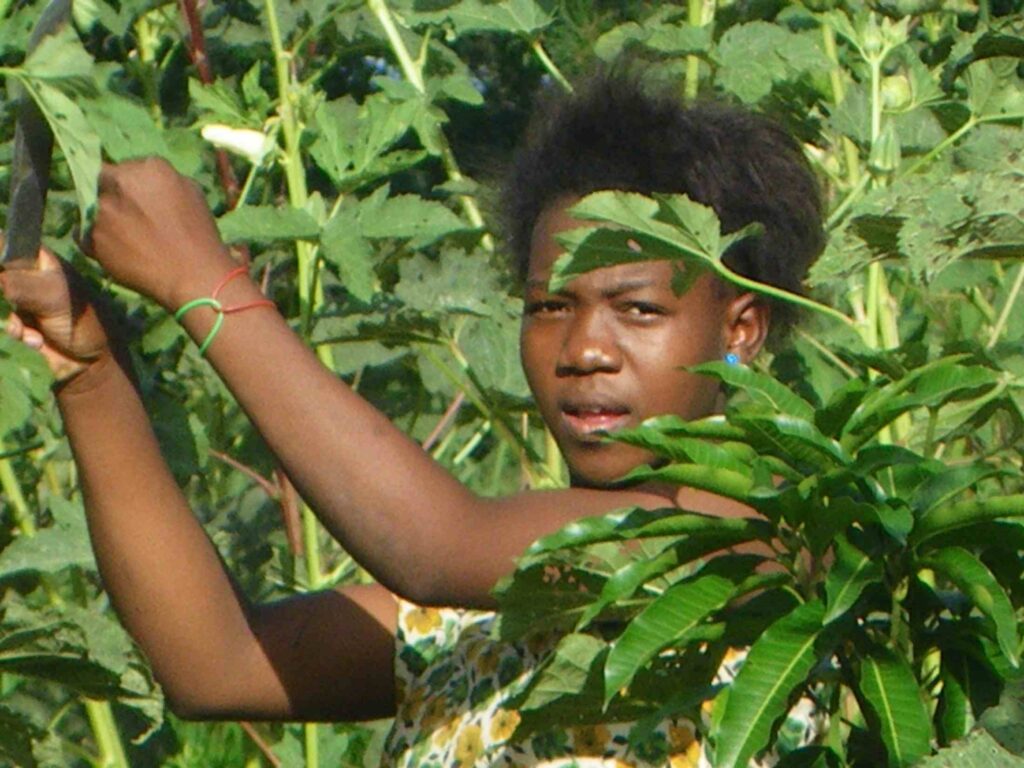
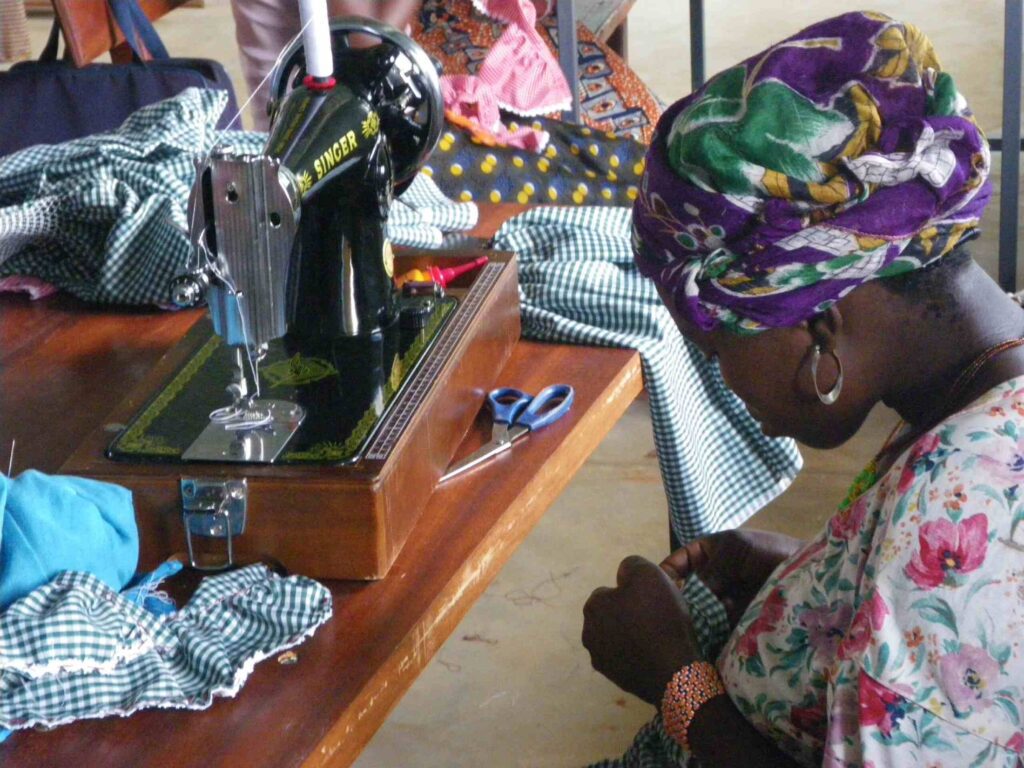
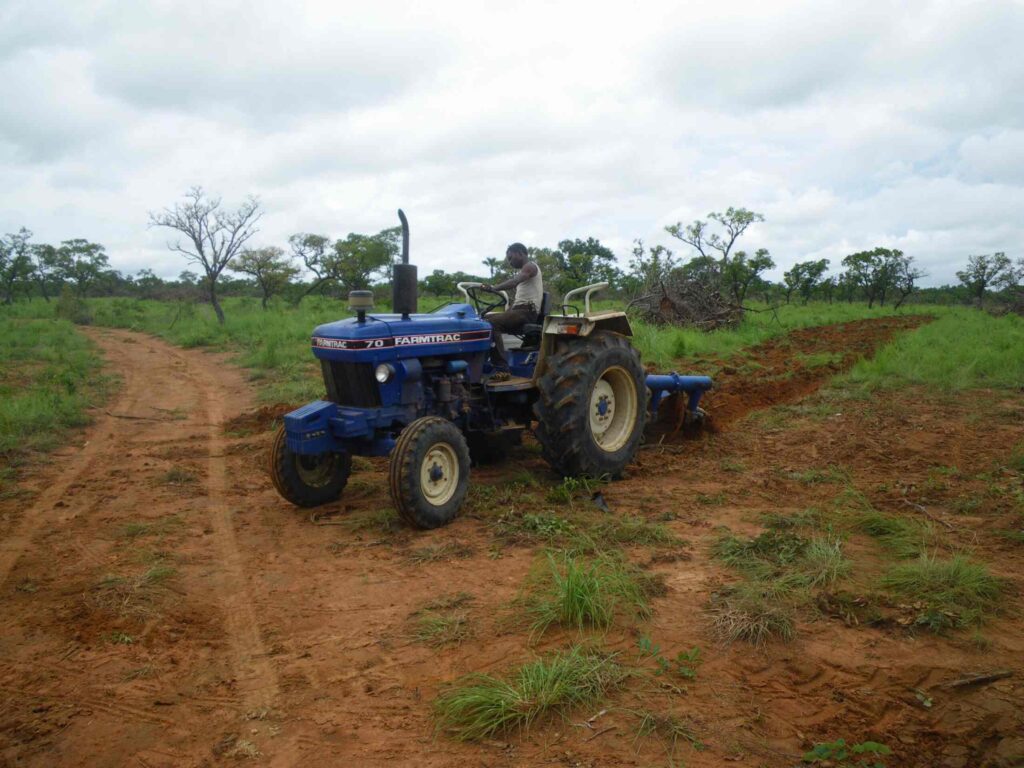
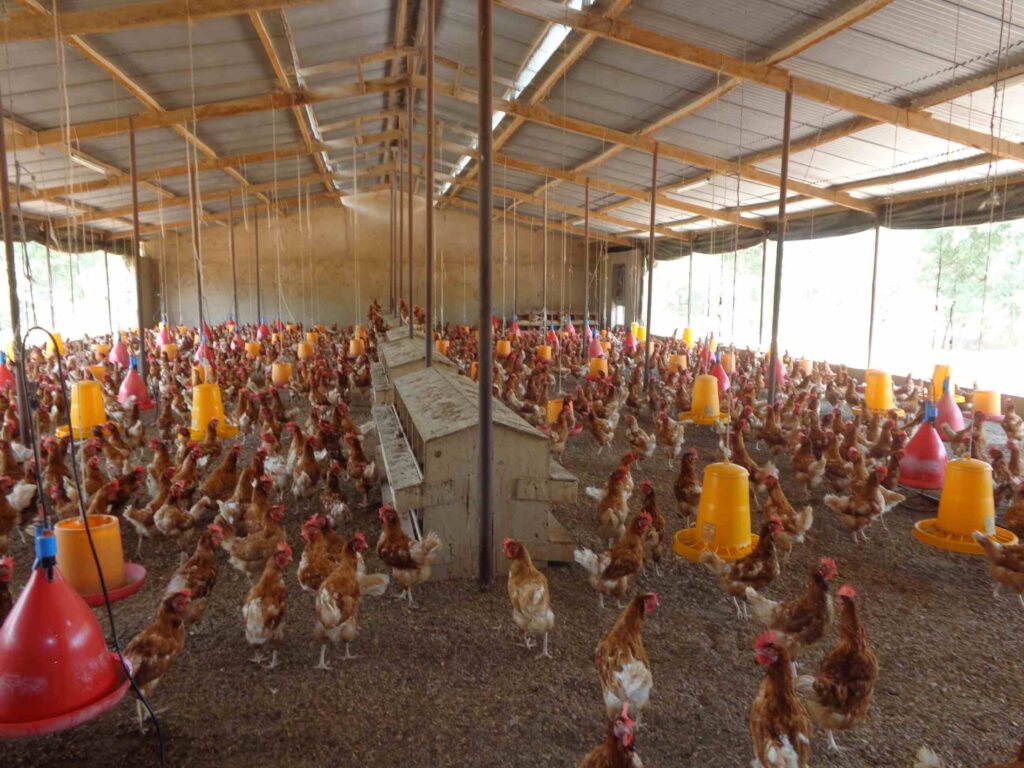
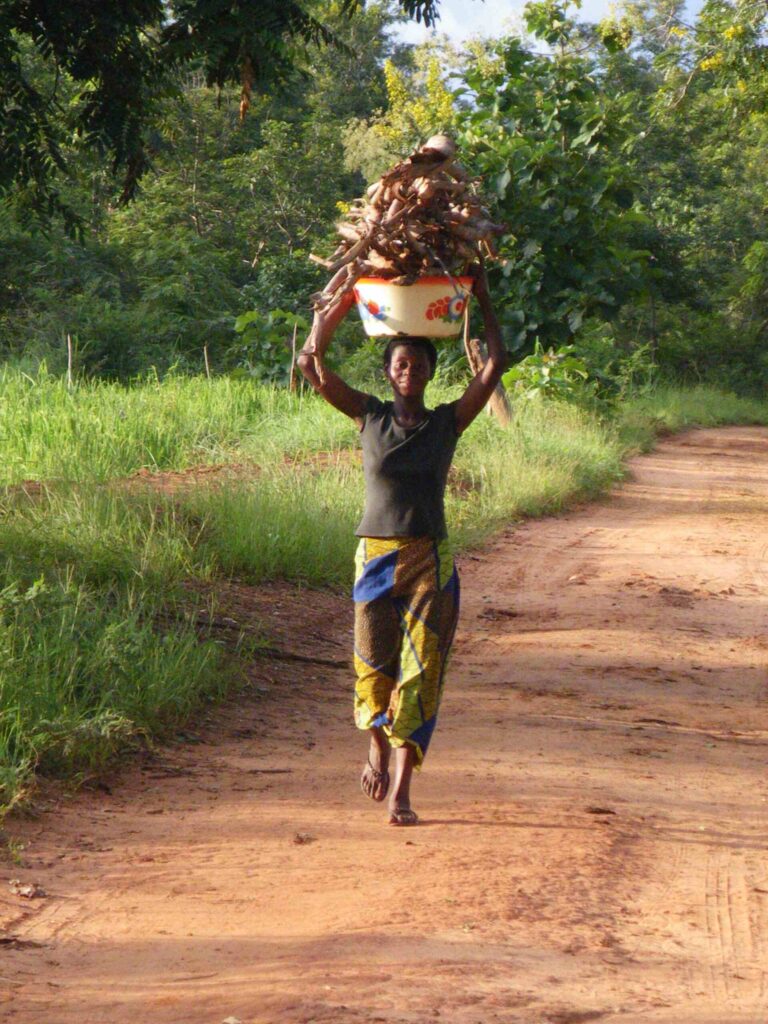
This comprehensive agricultural and horticulture training program provides capacity building Not Only For Aspiring Young Farmers But Also For Their Wives And Families, thereby providing dual sources of financial support for families. After two years, the graduates serve as disseminators of agricultural information and best practices to rural villages.
CLIMA (Lasallian Center for Instruction in Agricultural Methods) in Beregadougou, Burkina Faso, is a highly successful agricultural training center of the De La Salle Christian Brothers which develops young farmer families. The project trains 24 families (husbands, wives, and children) how to farm productively, utilize the most modern techniques, and become financially self-sufficient. The program admits married couples between 22 and 35 years of age who have farms of their own and who wish to spend two years improving their knowledge of the latest agricultural methodologies. This agricultural project is modeled on a successful TAMI Project in northern Togo. CLIMA involves 60 hectares of land on the main farm and 100 hectares at a satellite location 12 km away.
There are multiple workshops on the property: carpentry, mechanics, and clothing (sewing). In addition to the classrooms and residences for both families and teachers, this facility has cattle stables, chicken coops, a piggery, and a fish hatchery, along with extensive agricultural space to learn new methodologies and experience new crop varieties. Both men and women receive instruction on how to manage a farm and adapt their crops and techniques to evolving climate changes.
CLIMA was evaluated by INADES, an African independent organization specializing in agricultural development, which the program highly and complemented its efforts to provide agricultural capacity to the savannah region.
Because the families come with their children, there is a need for a childcare center for the youngsters. Mothers assist by providing instruction and supervising outside play. Currently, there are 34 children on the grounds; only four go to school at the public school. Two full-time childcare women oversee this childcare center.
Upon graduation, both men and women have the capacity to be self-sufficient and to provide knowledgeable assistance to other families in their local areas. To this end, CLIMA trains agriculturalists who then can train other farmers when they return to their native village. To assist with this, graduates are given farm products (tools, seed, etc.) to help them start their own local farms when they return to their villages.
Update
Contributions have supported aspiring and capable young Africans who seek to make a better life for their family through sustainable, climate-resilient agriculture. The CLIMA center also used funds to expand its programs to other capable young couples that would like to take advantage of the program.
